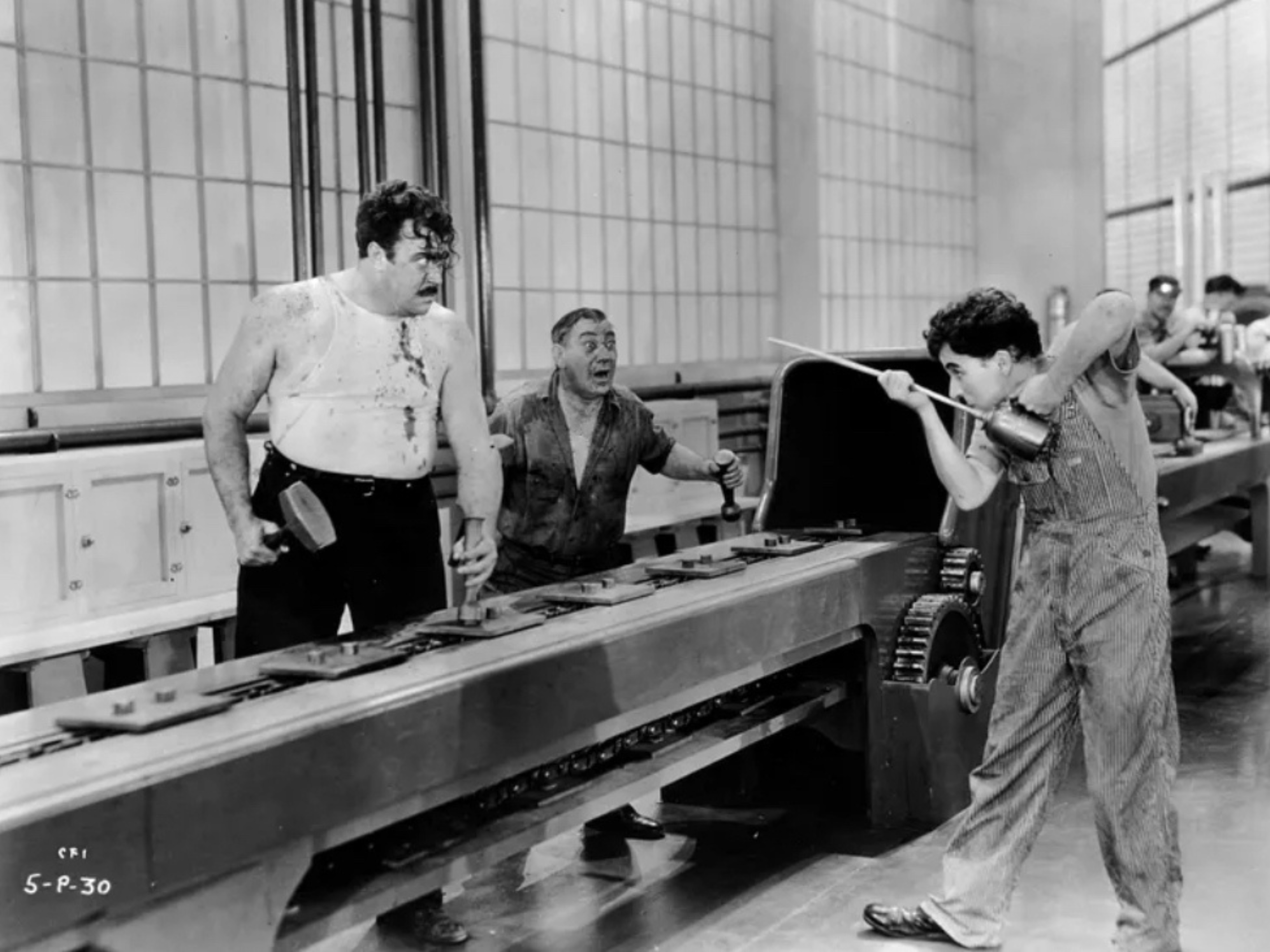No Products in the Cart

The Future of Work: Embracing Skilled Workmanship in a Digital Era
As the World Economic Forum 2023 Growth Summit draws to a close, the message is clear - the future of work is evolving at an unprecedented pace. The recently released Future of Jobs Report, which covers 45 countries and 27 industries, paints a picture of a rapidly changing job market. By 2027, 23% of jobs are expected to undergo significant changes, with 69 million new jobs created and 83 million eliminated across the 673 million covered by the study.
While the rapid evolution of technology is a significant factor in the changing job market, it's important not to overlook the value of skilled workmanship. As the world grapples with the challenges posed by climate change and a global pandemic, it's becoming increasingly clear that the future of work lies in combining the best of both worlds: innovative technologies and sustainable, time-tested techniques.
On this basis, the resurgence of craftsmanship in the job market is both timely and necessary. As we look to the future, it is clear that a return to the principles of artisanship will be essential in creating a more resilient, sustainable, and equitable economy.
Craftsmanship is more than just a set of skills; it's a mindset that values quality, attention to detail, and a deep understanding of the materials and processes involved in creating something. In today's world, where mass production and cost-cutting are the norm, the importance of traditional skilled work cannot be overstated. It represents a return to values of the past, a way of doing things that places as much importance on time honored process as it does on the end result.
It is important to keep in mind that the marriage of technology and craftsmanship can lead to a more sustainable and resilient job market, one that can weather the challenges posed by climate change and a global pandemic.
As we embrace the "less is more" economy, the demand for quality, authenticity, uniqueness and durability are valued over the cheap throwaway products of the Fordist era.
With jobs such as carpentry, blacksmith, and tailor becoming increasingly valuable in a world where people are seeking more sustainable and locally-sourced products, it is important for both governments and companies to invest in the preservation of local resources and education.
The difficulty in finding talent to fill conventional roles is an obvious indication of workers growing tired of the meaningless, repetitive and alienating work model of the past. There desire to invent their own way, be more creative, feel they have an impact and find meaning in their work is taking priority.
Moreover, the use of technology in combination with time honored skills can create innovative and viable solutions that address the challenges of the modern world. Architects and designers are creatively combining the precision of digital design with the expertise of craftspeople to create sustainable results that are both beautiful and functional. This, in turn, creates more opportunities for skilled workers to showcase their abilities and contribute to a more diverse and innovative economy – leading to a more agile and competitive job market.
As we look to the future, it's clear that a return to the principles of craftsmanship will be key in creating a job market that is not only agile and competitive but also environmentally conscious and socially responsible. By investing in traditional skills and education, as well as combining them with the latest digital technologies, we can ensure that time honored artistry and expertise remain a crucial part of our world.